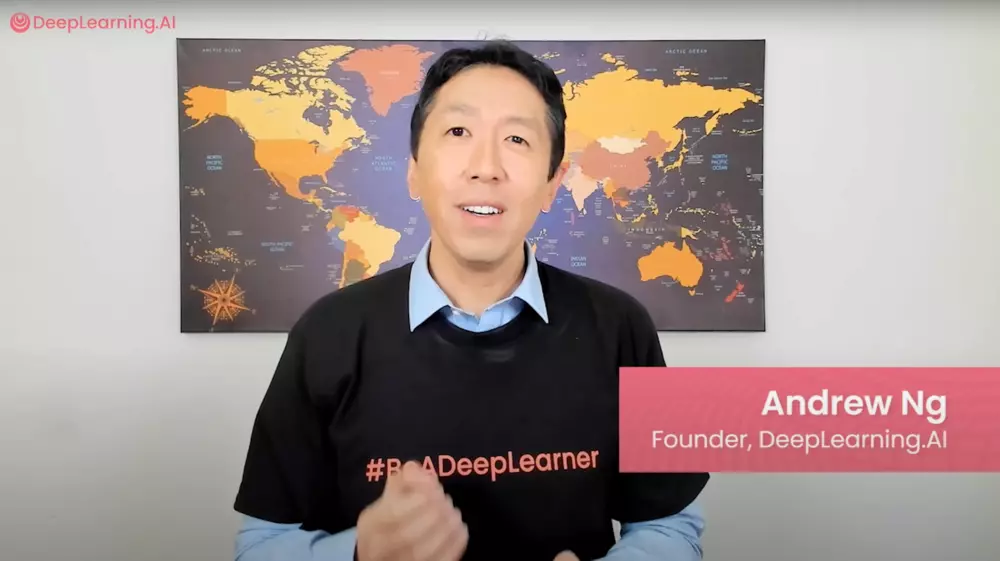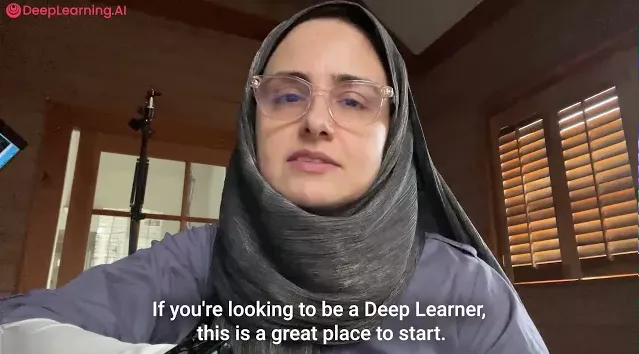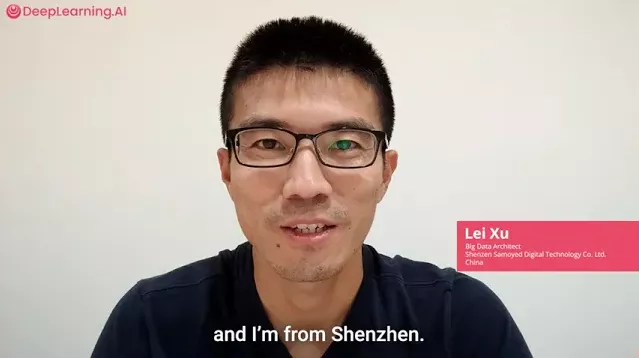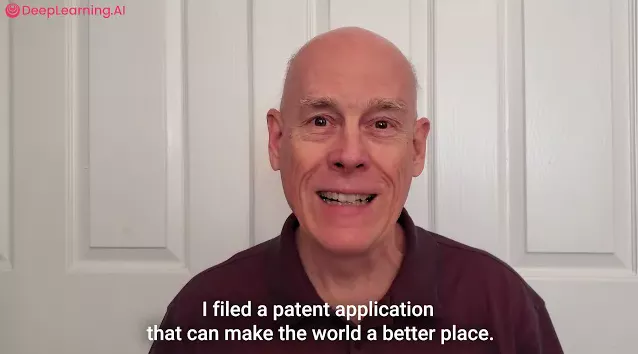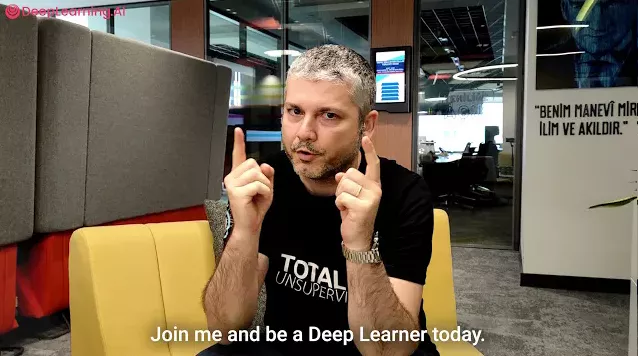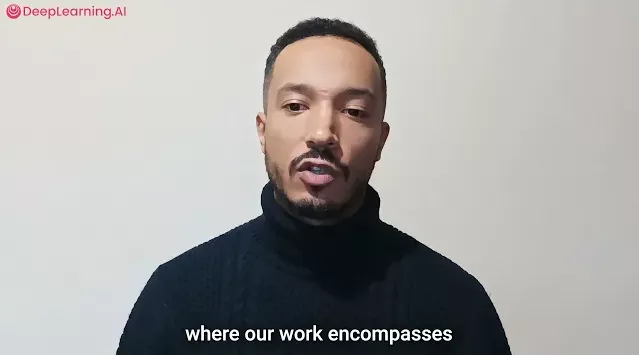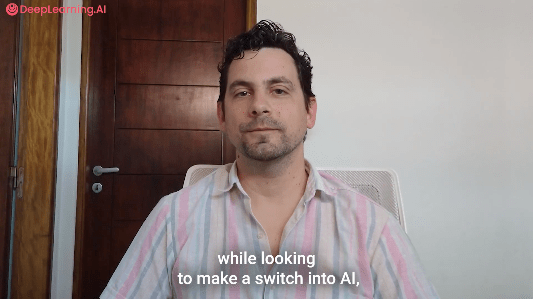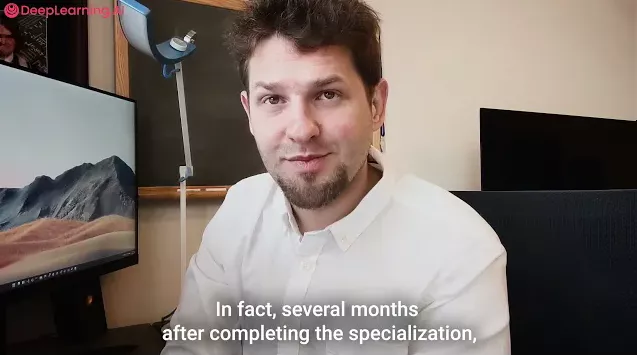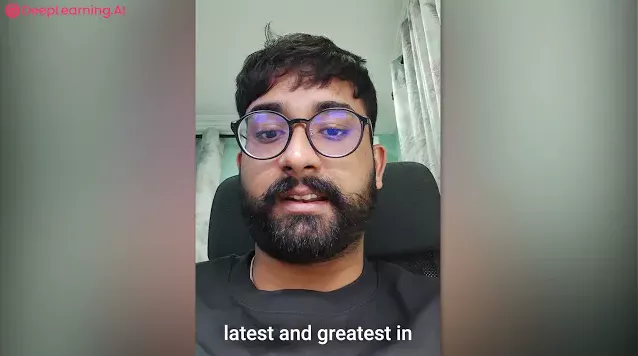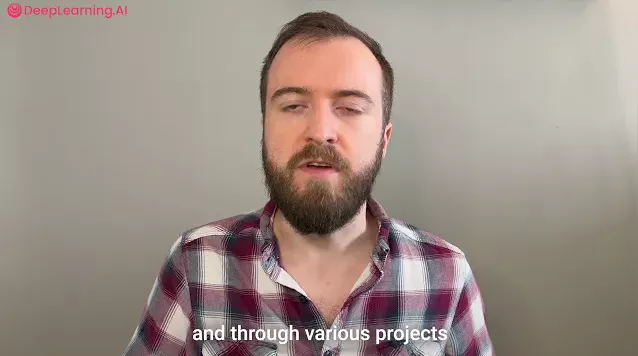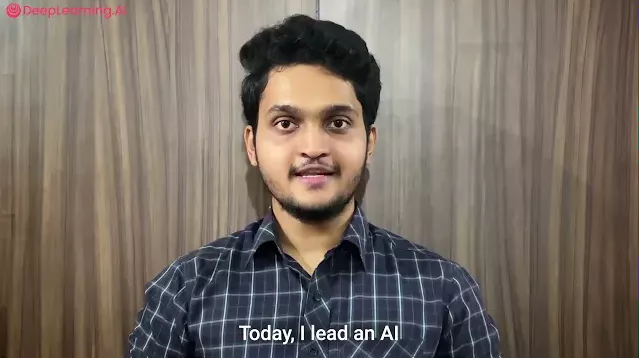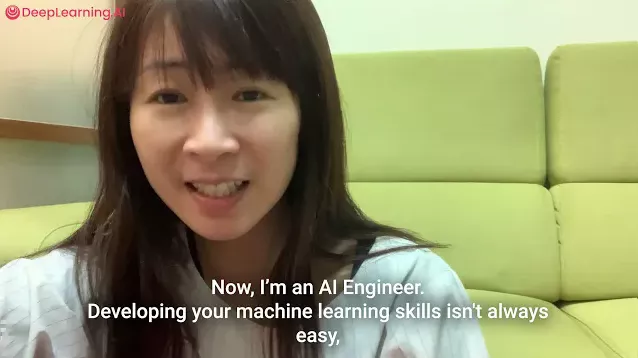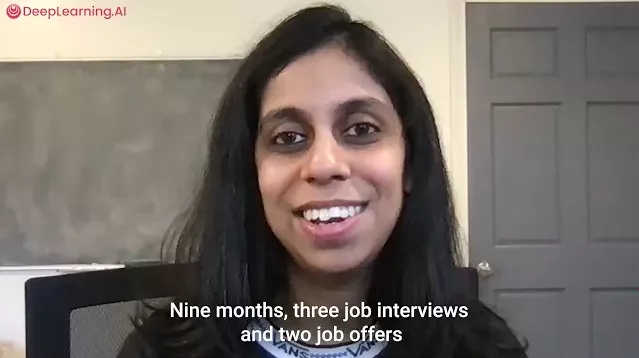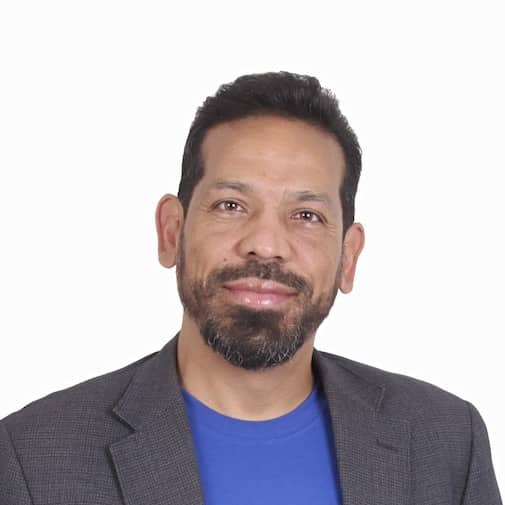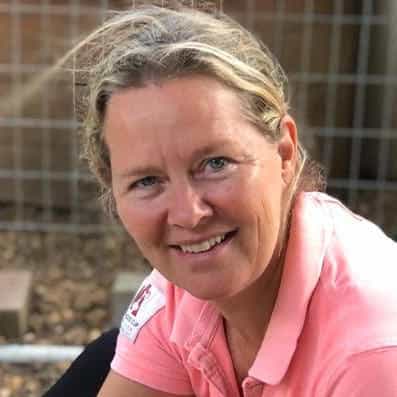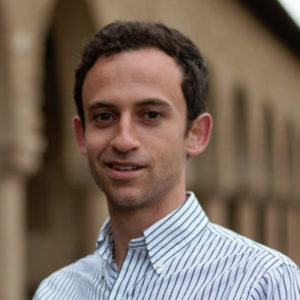The Deep Learning Specialization has been created by Andrew Ng, Kian Katanforoosh, and Younes Bensouda Mourri.
Andrew Ng is Founder of DeepLearning.AI, General Partner at AI Fund, Chairman and Co-Founder of Coursera, and an Adjunct Professor at Stanford University. As a pioneer in machine learning and online education, Dr. Ng has changed countless lives through his work in AI, authoring or co-authoring over 100 research papers in machine learning, robotics, and related fields. Previously, he was chief scientist at Baidu, the founding lead of the Google Brain team, and the co-founder of Coursera – the world’s largest MOOC platform.
Kian Katanforoosh is the co-founder and CEO of Workera and a lecturer in the Computer Science department at Stanford University. Workera allows data scientists, machine learning engineers, and software engineers to assess their skills against industry standards and receive a personalized learning path. Kian is also the recipient of Stanford’s Walter J. Gores award (Stanford’s highest teaching award) and the Centennial Award for Excellence in teaching.
Younes Bensouda Mourri completed his Bachelor’s in Applied Mathematics and Computer Science and Master’s in Statistics from Stanford University. Younes helped create 3 AI courses at Stanford – Applied Machine Learning, Deep Learning, and Teaching AI – and taught two of them for a few years.



